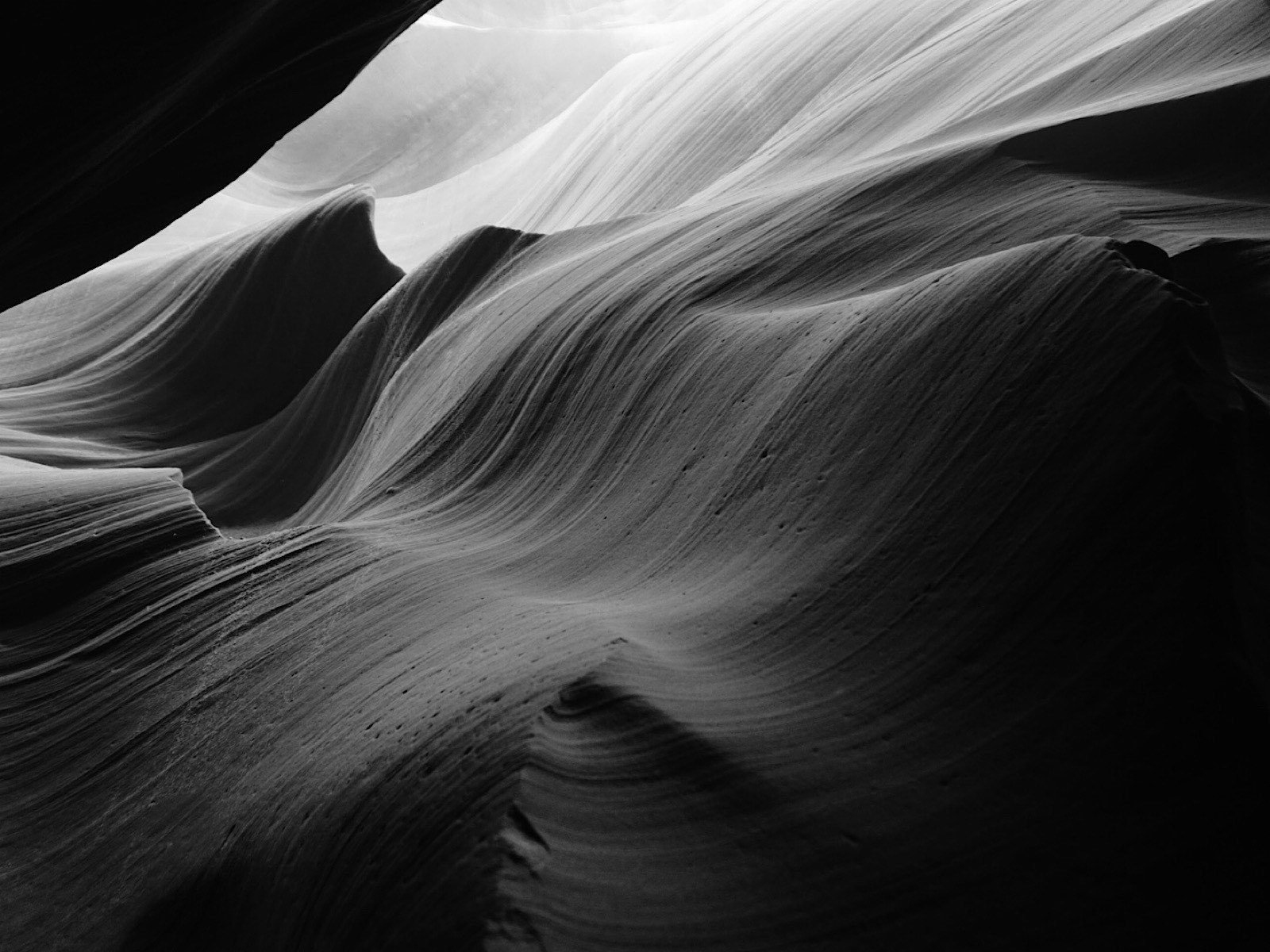Jennifer Thompson
“The Black gaze means positive representation and progress. As a person of colour I find we do not get many opportunities for representation in the art community that views us in a positive way.
Platforms like #TheBLKGZE are vital to the progress of Black creators and positive representation of who we are as a people.”
How does the Black gaze relate to your photography practice?
What is an artist or their art without a way to reach the public, show who they are, and what it is they create? Representation is not only vital to the career of an artist but positive representation for people of colour in the photography community shows others that we are capable of. Breaking the barriers of divide, social injustice, and racism.
What do you want to say or address with your photography?
I want the audience to experience the elegance of the ordinary. We often overlook or dismiss the beauty in the moment we are in. I do this by capturing the image in a way that pulls the audience in, making them feel as if they are there in the image.
What influences and inspires you? How is this reflected in your work?
Classical photojournalism, vintage cinema, and my grandfather’s photography have been a major influence on my creative style. The simple lighting techniques of vintage cinema have influenced they way I light my subjects in my captures. I use natural light as much as possible and a few lamps around the house when needed. Using crude lighting has helped me to hone my skills when working with light in my work.
Classical photojournalist have really mastered the art of capturing the moment. They did not have all the bells and whistles have today but their work is still amazing. Some may consider their work raw and rough but it has a brilliance to it. I’ve always admired the ability to work on the fly with what you have and use the same tools, SLR film cameras, to create my captures.
I have always admired the straightforward style of my grandfather’s photography. He always told me the audience should never have to guess when viewing your work. They should automatically feel something or know something. You must relate to your audience.
Who are your favourite Black photographers from the past? Why?
First, my grandfather, he not only taught me the basic principles of photography but he also taught me the importance of being an individual and expressing that through my work.
Secondly, Carrie Mae Weems. I relate to her and her experience as a photographer. She is a mother, has other creative outlets, and has experienced setbacks that I am familiar with. In addition to these, she also shares her personal story and how it affects how she creates.
Please describe the highs and lows of your experience as a Black photographer?
As a Black woman I have experienced quite a few challenges in my experience as a photographer. As a woman of colour you are often viewed as less component as an artist or uneducated enough to be successful. This makes it harder when applying for, or seeking out, opportunities that are few and far between for us to begin with.
However, because I am a woman of colour I have had some amazing opportunities to connect with other people of colour through my work. Other people of colour were willing to be more vulnerable with me, more open to sharing their stories and working with me because of who I am.
What work are you producing and what more would you like to do?
I am currently working on more personal/creative projects now due to the pandemic. I am hoping to be able to get back to shooting more events and documentary style work when things calm down a bit.
Jennifer Thompson is fine art photography and pencil sketcher based in the US. Jennifer is well known for her love of film photography, minimal image editing and original soul classics. While we can't share Jennifer's party trick, we can tell you that she has built her own ukulele.





